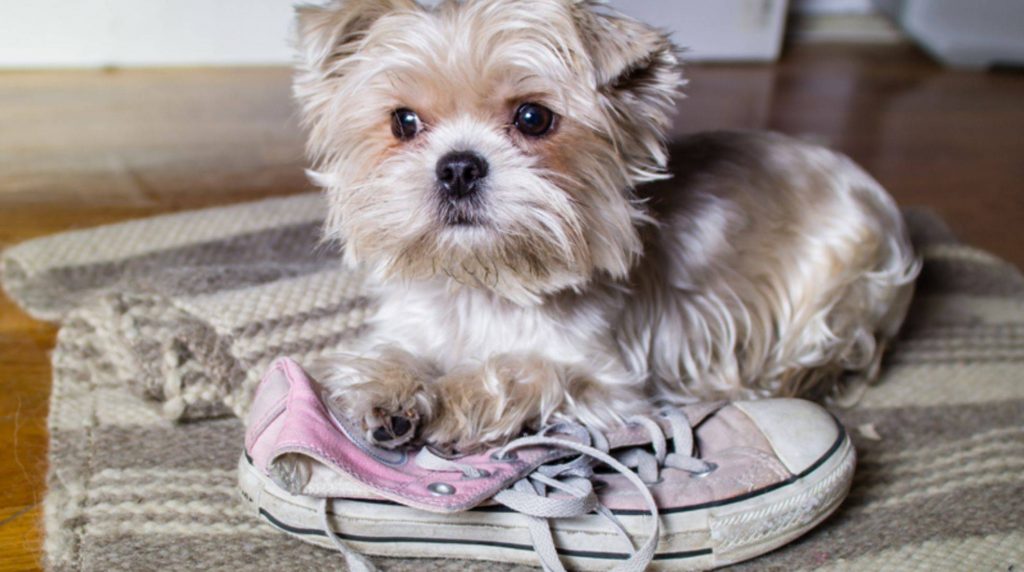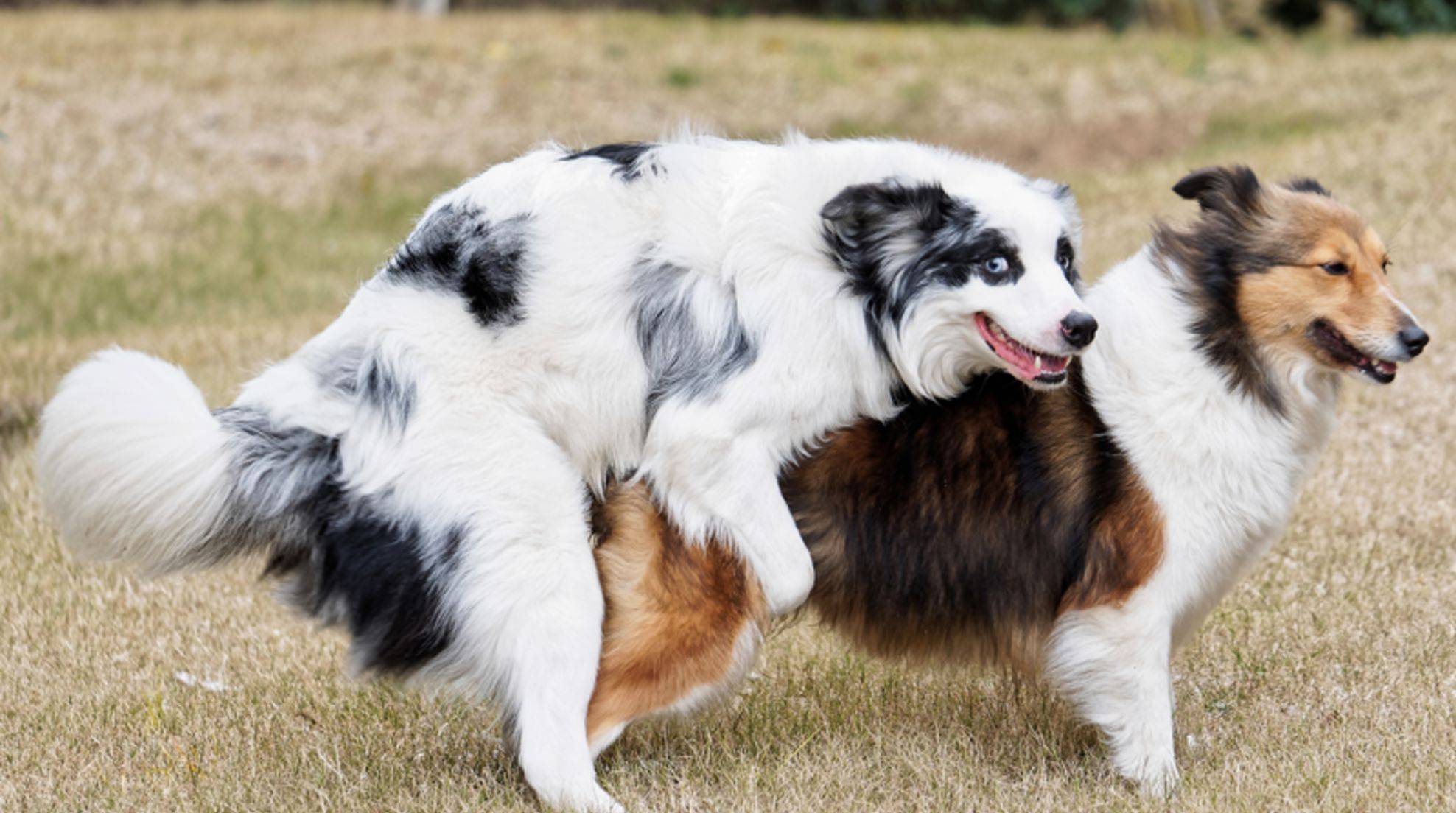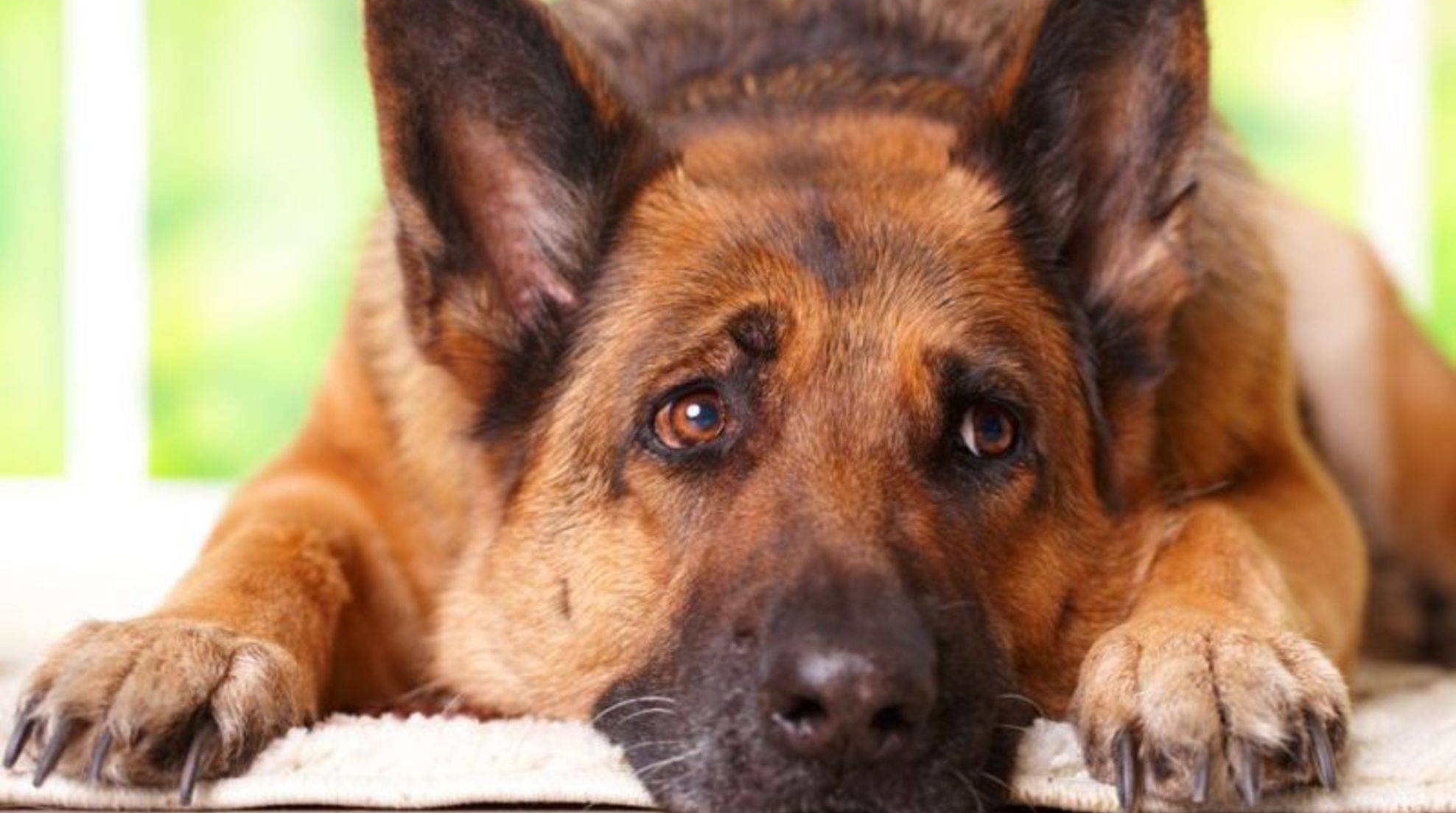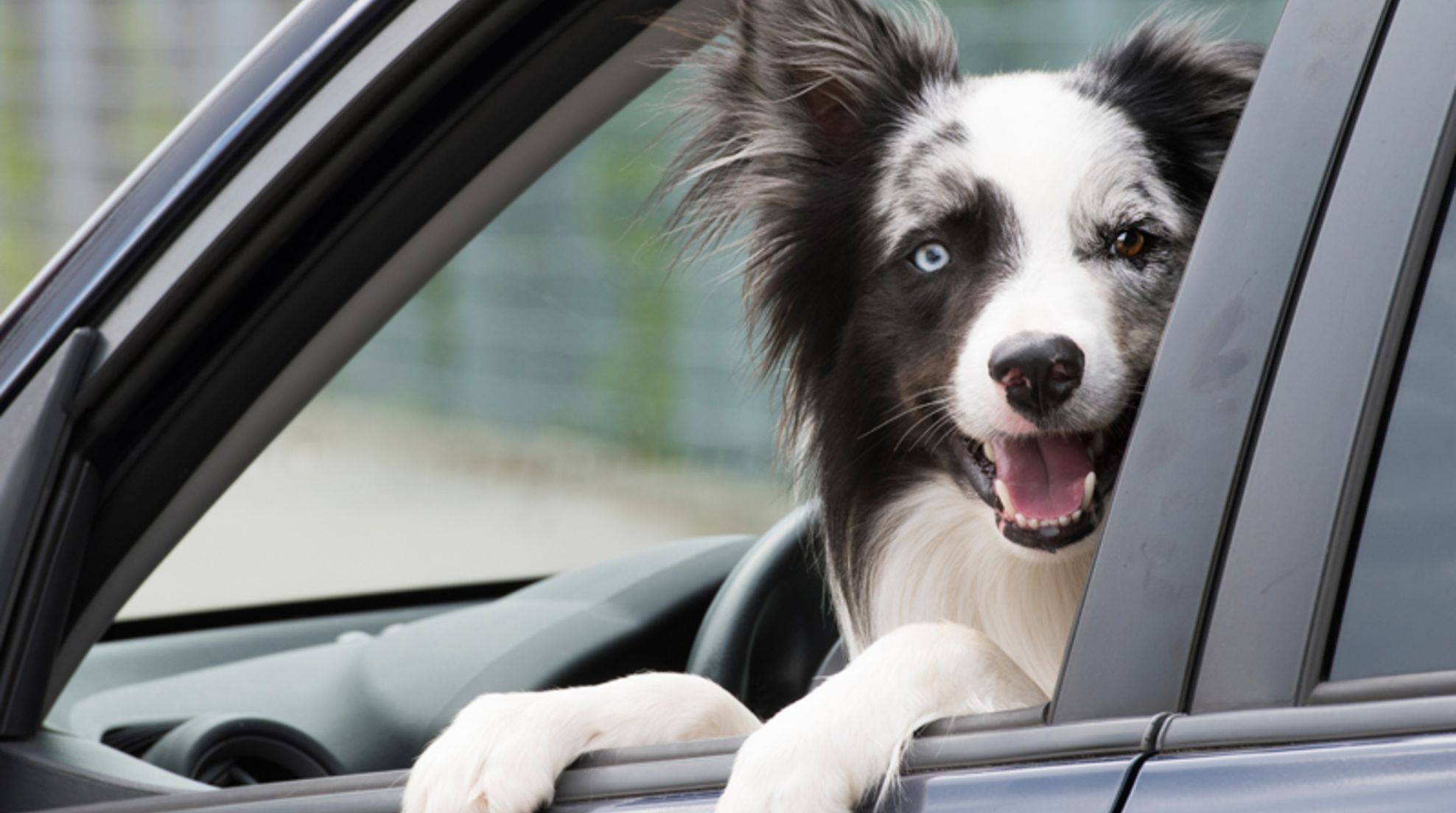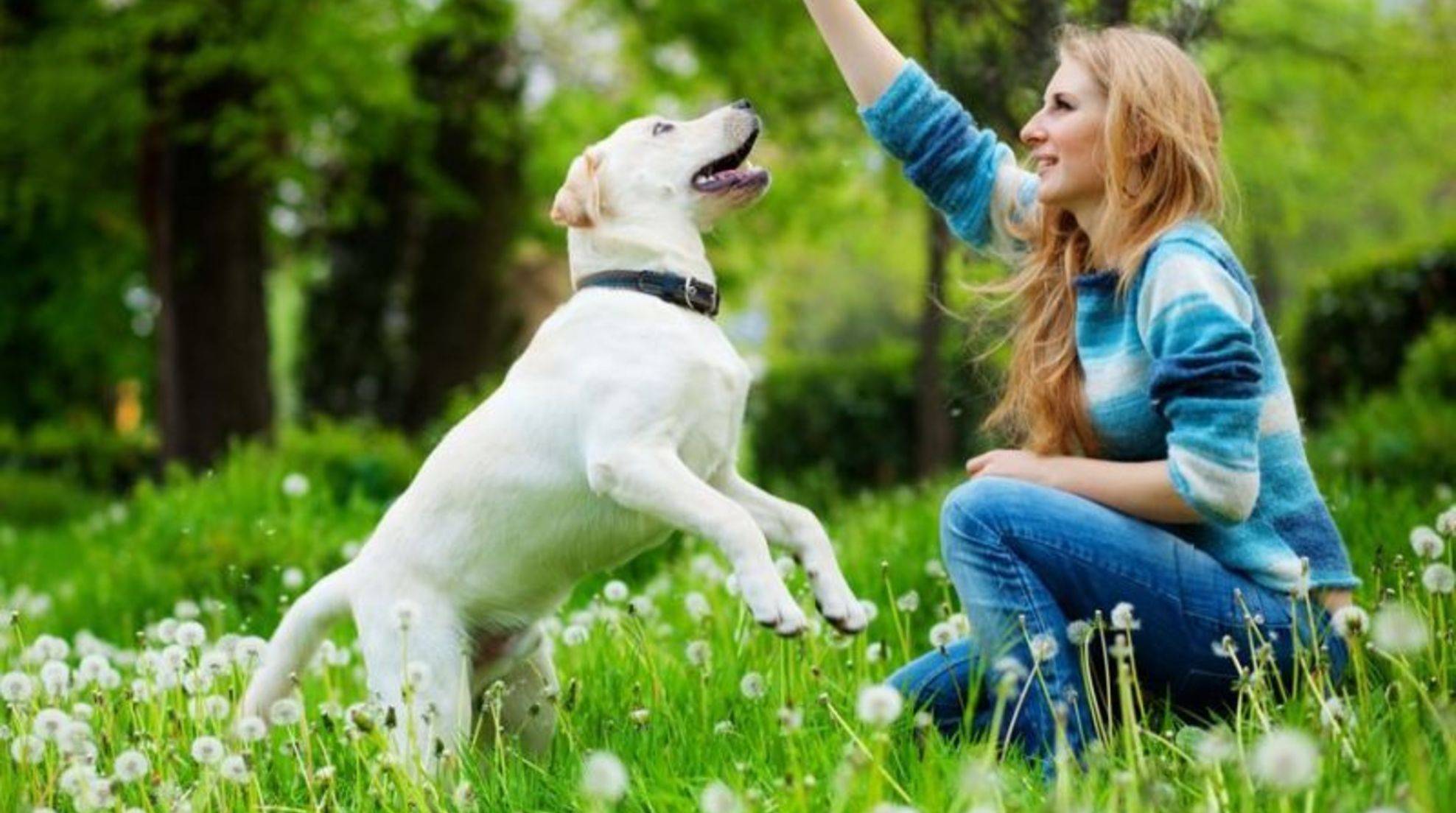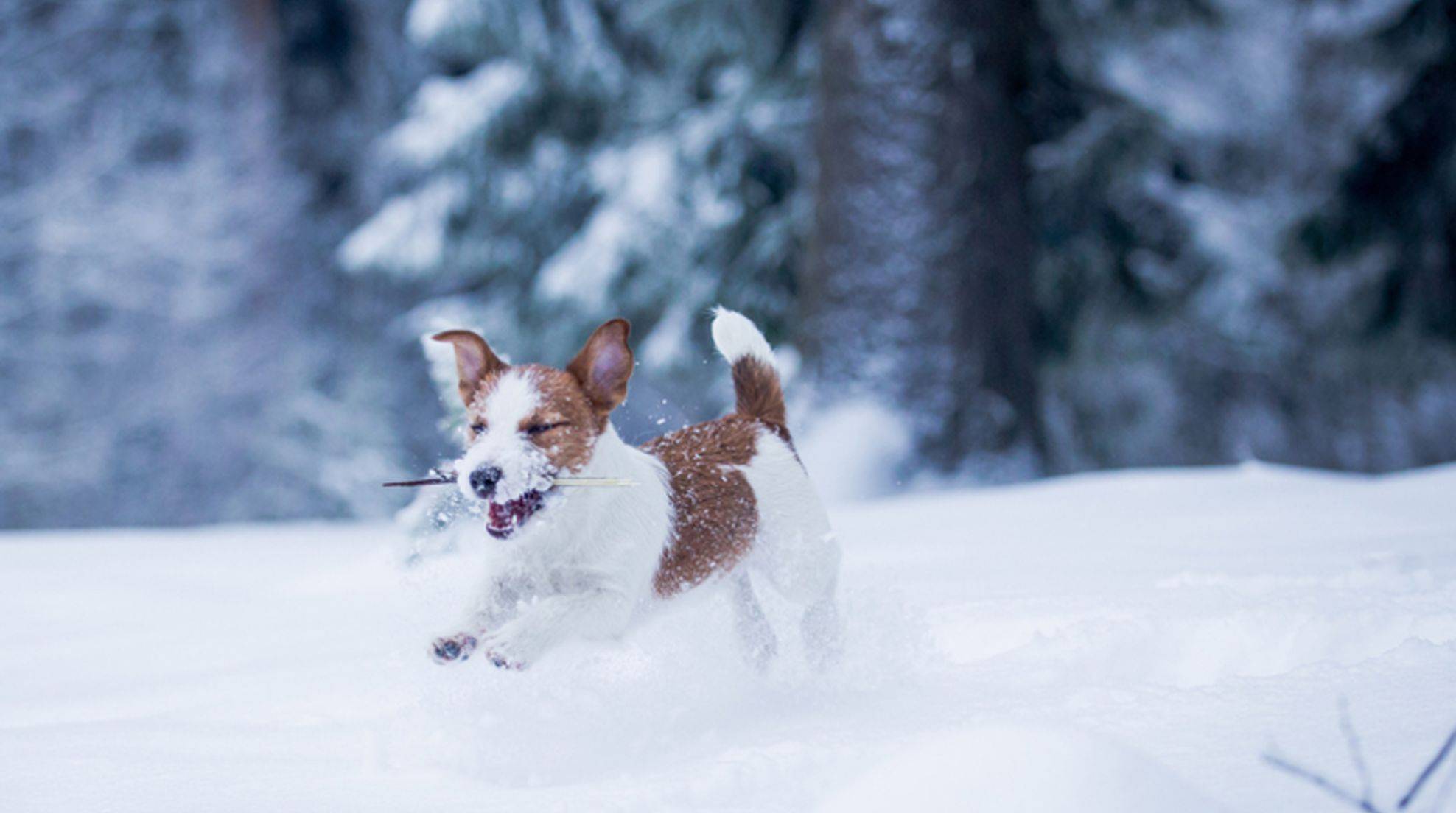Dog chews everything: What helps against “destructiveness”?
“My dog nibbles everything!” or “Help! My dog breaks everything” can be read again and again by desperate dog owners in forums. The causes of “destructiveness” in dogs are just as varied as the possibilities of getting them out of the habit of this behavior.
Whether furniture, ceiling, carpet, or wallpaper: A dog nibbles at everything when he is bored or feels abandoned. But it can also be that the “destructiveness” is just a phase, for example, in the middle of the change of teeth or during puberty.
Dog nibbles at everything: Explore causes
Does your dog break everything? Then you should treat the symptoms and search for the causes. Get help from a vet, animal psychologist, and experienced dog trainer if you don’t know what to do.
Only if you know why your four-legged friend is always in a “destructive rage” can you wean him off this unwanted behavior in the long term. And you can do this without inadvertently frightening or unsettling your dog. After all, your four-legged friend doesn’t chew on your things to annoy you.
Make it easier for puppies to change teeth.
A common cause of “destructiveness” in young dogs is teeth change. Depending on the dog breed, this takes place between the third and seventh month of life – earlier in larger dogs, tending to be later in smaller dogs. The milk teeth then fall out, and the adult dog teeth grow back.
This leads to itchy gums, and your puppy will nibble on anything that gets in his way to relieve that itch. The gums are massaged as they chew, which is suitable for your four-legged friend. Try to offer your little rascal chew toys and chew bones to let off steam during this time.
“Destructive rage” in puberty: What to do?
Not only human adolescents enter puberty, but also growing dogs. All hell breaks loose in the brain during this time. The brain structures rearrange themselves, new nerve cells are formed, and to top it all off, your four-legged friend becomes sexually mature during puberty and is therefore flooded with hormones. Dogs also quickly get the proverbial crazy ideas in their heads.
Your half-strong dog tries out his strength and tests how far he can push the limits and rules he learned as a puppy. A pubescent dog destroys everything because he does not know what to do with himself and his energy.
At this stage, only patience and loving consistency will help. When your dog is an adult, he usually calms down again. However, during adolescence, he may develop undesirable behaviors and quirks.
Please stick to the rules you set in his puppyhood and be strict and consistent but fair to your pet. However, if you notice that you are reaching your limits yourself, get help, for example, from a good dog trainer or an animal psychologist.
Dog destroys everything: offer alternatives.
Does your dog nibble at everything as soon as he’s alone and is overly affectionate in other ways, too? There could be an anxiety disorder behind it, in which your four-legged friend cannot be alone. This fear of abandonment can only be controlled with the professional help of an animal psychologist.
Otherwise, boredom is behind it in most cases if your fur nose nibbles at everything. If your pet lacks occupation and exercise in everyday life, he starts to pass the time by chewing objects.
Then take your dog to dog school and enroll him in a suitable dog sport. Moreover, a four-legged friend must be sufficiently challenged physically and mentally. Games that stimulate his intelligence or new tricks are a great idea, in this case, to distract him from his “destructiveness” and direct his energy into constructive channels.
On a side note, a dog that loves to nibble also has a positive side effect: it forces you to be tidy. It is best not to leave anything lying around that is dear to you, as long as your dog still likes to ruin everything that comes in front of his snout.
Are there home remedies against “destructiveness” in dogs?
Many owners hope for help from home remedies when their beloved dog once again indulges in “destructiveness.” There are numerous tips in various pet forums, but their effectiveness is low at best.
Especially if boredom or vitality in the “destructiveness” of your dog is at play, are also often recommended special sprays that are sprayed on furniture, shoes, and Co. These sprays are non-toxic and are supposed to spoil dogs’ appetite for your wardrobe and furnishings thanks to bitter substances. However, the effectiveness of such “nibble protection sprays” is also controversial. Some dogs help against the “destructiveness”; others are not irritated by it one bit.

